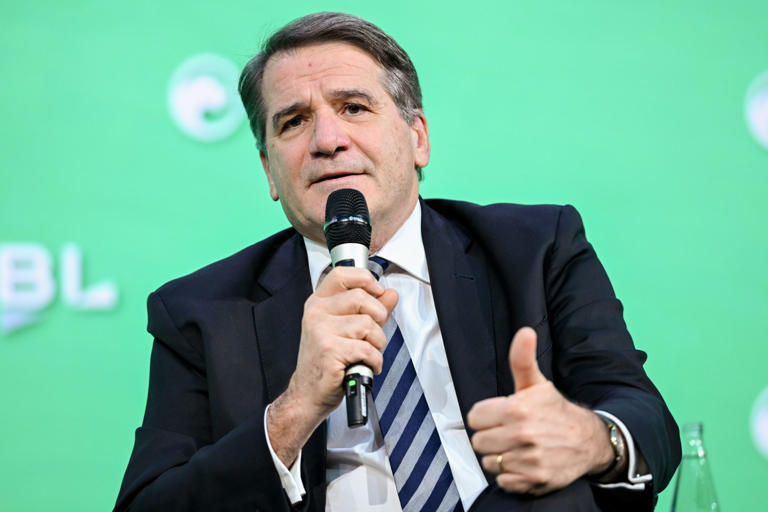Jean-Marc Ollagnier, the CEO for Europe, the Middle East, and Africa (EMEA) at Accenture, provided a cautious perspective on recent economic developments in key European countries like Germany and France. In a candid phone conversation from Paris, Ollagnier highlighted the intricate nature of the macroeconomic environment and the challenges associated with making accurate predictions in such uncertain times. He stressed the importance of humility in the face of complexity, noting that traditional forecasting models often struggle to capture the impact of unforeseen events like the COVID-19 pandemic, geopolitical tensions, and fluctuating energy prices.
Ollagnier’s cautious approach reflects a broader trend among CEOs, who are increasingly prioritizing adaptability and focusing on factors within their control rather than attempting to forecast macroeconomic trends. This shift in mindset acknowledges the limitations of traditional forecasting methods and emphasizes the need for agility in navigating volatile market conditions.
Despite the prevailing uncertainty, Accenture remains optimistic about the transformative potential of technology and generative AI. Ollagnier highlighted the firm’s belief that advancements in these areas could play a significant role in driving economic growth, particularly in Europe, where they are expected to contribute up to 0.6% per year to GDP growth in the coming decades. This confidence in technology’s ability to drive progress provides a sense of stability amid the uncertainty of the broader economic landscape.
In a similar vein, Dow CEO Jim Fitterling emphasized the importance of platforms like Fortune in facilitating dialogue among business leaders on critical issues such as sustainability, innovation, and geopolitical challenges. Fitterling underscored the need for companies to prioritize both profitability and sustainability as they navigate a rapidly changing world.
Overall, Ollagnier and Fitterling’s remarks reflect a recognition of the complexities and uncertainties facing businesses today. By embracing adaptability, focusing on controllable factors, and leveraging the transformative power of technology, companies can position themselves for success in an increasingly unpredictable environment.
